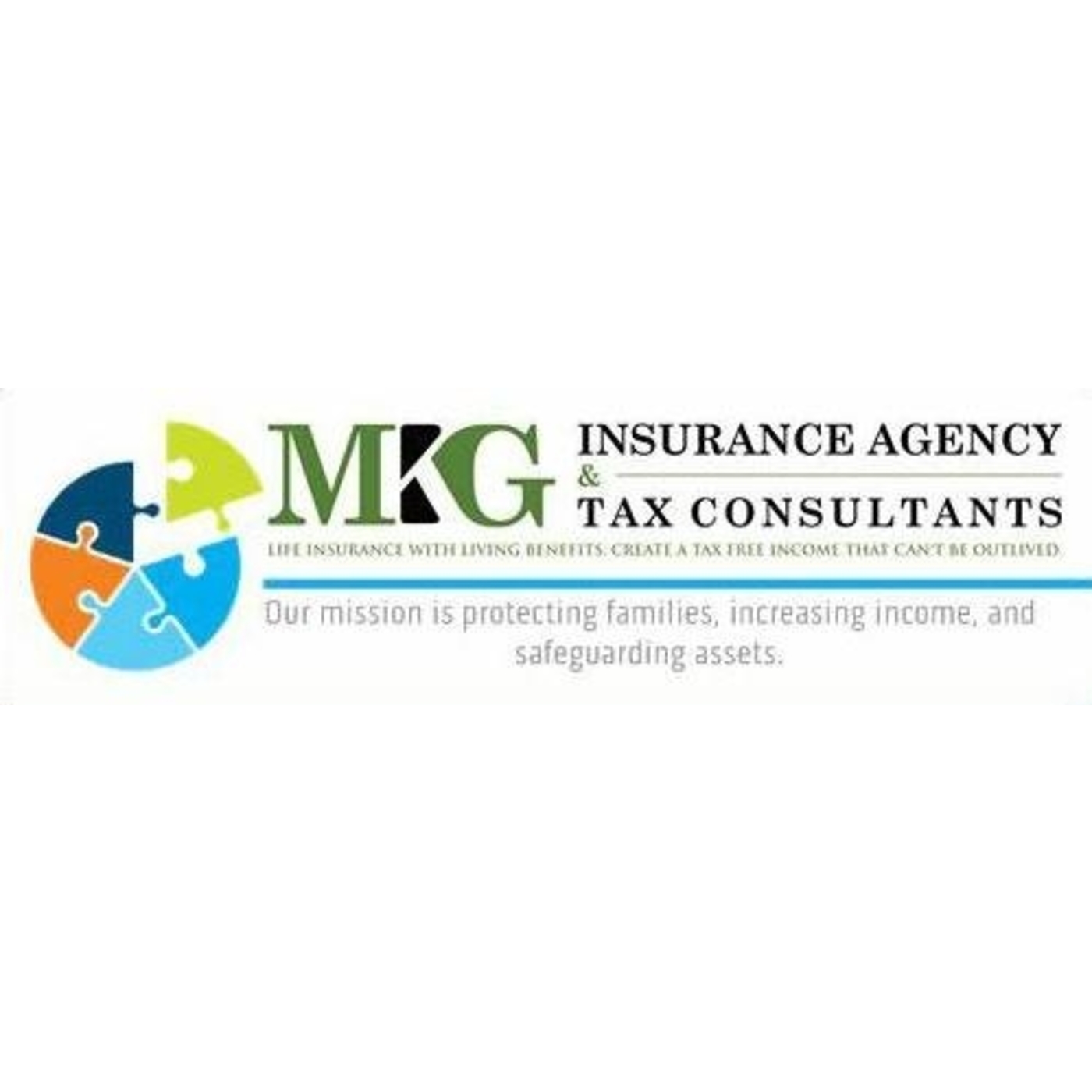full
Silicon Valley Bank Run on Deposits
Silicon Valley Bank failed on Friday March 10, 2023 following a run on deposits, after its parent company’s share price crashed a record 60% on Thursday.
Trading of SVB Financial Group’s stock SIVB had been halted early Friday, after the shares plunged again in premarket trading. Treasury Secretary Janet Yellen said SVB was one of a few banks she was “monitoring very carefully.” Reaction poured in from several analysts who discussed the bank’s liquidity risk.
California regulators closed Silicon Valley Bank and handed the wreckage over to the Federal Deposit Insurance Corp. later on Friday. Signature Bank of New York, (the main subsidiary of Signature Bank Corp. SBNY, was closed by state regulators and taken over by the FDIC on Sunday.
Below is the same list of 10 banks we highlighted on Thursday that showed similar red flags to those shown by SVB Financial through the fourth quarter. This time, we show how much they reported in unrealized losses on available-for-sale, or AFS, securities — an item that played an important role in SVB’s crisis.
Below that is a screen of U.S. banks with at least $10 billion in total assets, showing those that appeared to have the greatest exposure to unrealized securities losses on AFS securities, as a percentage of total capital, as of Dec. 31.
The latest industry developments include an emergency lending facility set up by federal regulators to help banks avoid selling securities for losses if they need to raise cash to cover deposit outflows. The regulators have also said all depositors of Silicon Valley Bank and the failed Signature Bank of New York would have access to their money — even uninsured deposit balances. First Republic Bank FRC (listed below) announced it had secured funding from the Federal Reserve and JPMorgan Chase & Co. JPM.
Banks are now able to pledge securities as collateral at par (or face value) for borrowings through federal regulators’ new emergency lending facility, which means banks can avoid selling government bonds and mortgage-backed securities at a loss if they need to raise money.
First, a quick look at SVB
Some media reports have referred to SVB of Santa Clara, Calif., as a small bank, but it had $212 billion in total assets as of Dec. 31, making it the 17th largest bank in the Russell 3000 Index RUA as of Dec. 31. That makes its collapse the largest U.S. bank failure since that of Washington Mutual in 2008.
One unique aspect of SVB was its decades-long focus on the venture-capital industry. The bank’s loan growth had been slowing as interest rates rose. Meanwhile, when announcing its $21 billion in securities sales on Thursday, SVB said it had taken the action not only to lower its interest-rate risk, but because “client cash burn has remained elevated and increased further in February, resulting in lower deposits than forecasted.”
SVB estimated it would book a $1.8 billion loss on the securities sale and said it would raise $2.25 billion in capital through two offerings of new shares and a convertible bond offering. That offering wasn’t completed.
So this appears to be an example of what can go wrong with a bank focused on a particular industry. The combination of a balance sheet heavy with securities and relatively light on loans, in a rising-rate environment in which bond prices have declined and in which depositors specific to that industry are themselves suffering from a decline in cash, led to a liquidity problem.
Source cited: MoneyMarket


